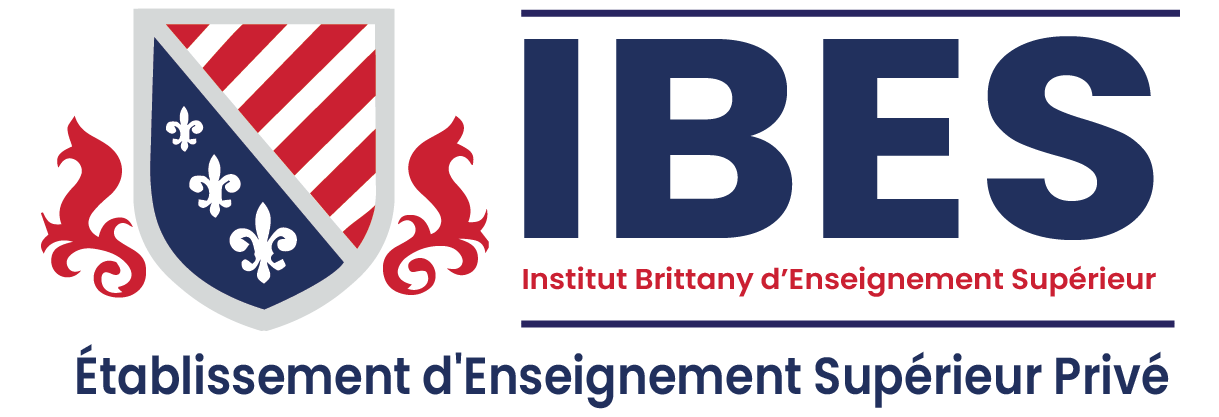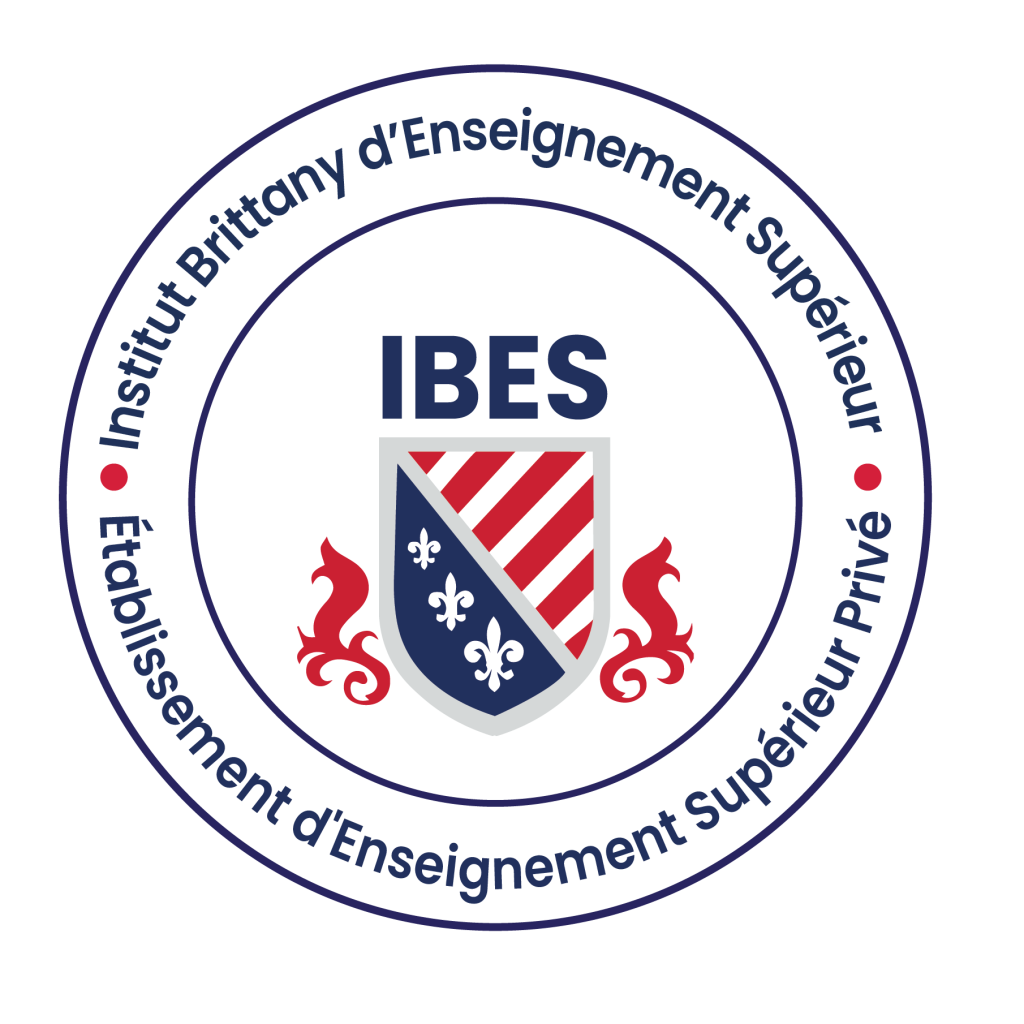The Doctor of Education programme equips senior education practitioners and high-potential individuals with both knowledge as well as the applied and research skills needed to become executive-level organisational leaders, industry innovators, consultants, and policymakers. Students ethically address complex and practical education-related challenges and learn how to transform education management practices to create organisational relevance, advancement, growth, and sustainability.
This holistic programme aligns applied scholarly research with professional practices and provides the opportunity to theoretically learn and reflect on activities and practices to be applied in a professional context.
The Doctor of Education (“EdD”) is a 120 ECTS credits (240 UK credits) programme designed to lead to a doctoral award by IBES and VERN’ University
Awards to be conferred:
- Doctor of Education (EdD) from IBES: Sample Certificate
- Doctor of Education (EdD) from VERN’ University: VERN University Sample Certificate
- IBES and VERN’ University Joint Transcript: View Sample Transcript
Aims
Ability to plan and conduct research and evaluation studies with a clear purpose to improve the educational lives of others and based on findings, make recommendations to improve future educational practices.
Programme Learning Outcomes
Upon completion of this programme, students will be able to demonstrate the:
- Knowledge and skills to apply educational organisational theories, management skills, leadership strategies, and data research to transform organisations.
- Use self-evaluation, reflection, feedback and developments in theories and evidence-based practices to improve their ethical business practice in a variety of contexts.
- Communicate key education issues effectively and creatively using numerical, graphical, oral and written skills.
- Ability to select, interpret, and apply theories, models and research to address a variety of compelling and complex issues in education.
- Demonstrate proficiency in applying a systematic, vigorous research methodologies, design and process when undertaking original research and presenting the thesis in a scholarly manner.
Assessments
Assessment instruments will mainly be in the form of either management reports or proposals with a word count of between 4,000 – 4,500 words for the taught modules.
The Thesis will have a word count of between a minimum of:
- 20,000 to a maximum of 30,000 words for the Route 1 – Mixed Mode and;
- 40,000 to 45,000 words for the Route 2 – Research Mode.
Entry Requirements
- A Master’s degree in any field; or
- Other qualifications recognised by IBES as equivalent to a Master’s degree; and
- Demonstrate English language proficiency in order to participate in the programme taught in English.
Proficiency of English include either a recognised English proficiency testing score of IELTS overall band of 6.0 or equivalent. Those having undertaken either an undergraduate, postgraduate or professional qualification taught and assessed in English will also be accepted as having met the English proficiency.
Subject to the final approval of IBES, any potential student who has completed a qualification examined in English at European Qualification Framework ( EQF) level 2 and above would satisfy the English requirement.
For those that are not able to provide the above proof of English, an English test administered by ESOL Awards is available and on passing this at B2 level, the learner would satisfy the English language requirement. Please contact IBES for details.
Advanced Standing/ Exemptions/ Credits Transfer (APL)
Consideration for the above for students admitted onto the programme may occur either at the beginning of a programme or beyond the beginning of a programme, through an assessment of that student’s prior learning (whether certificated or un-certificated). The process for making such a decision – known as the Accreditation of Prior Learning (APL)- is a matter of academic judgment exercised by the appointed panel considering applications and approvals of APL.
APL for the taught modules, including the Research Methodology module, can either be based on Accreditation of Certificated Learning (APCL) or Accreditation of Experiential Learning (APEL).
Where cohorts of students are to be admitted with advanced standing on a regular basis, the arrangement should be subject to an Academic Progression Agreement.
Programme Structure
The EdD has a total of 120 ECTS credits and there are two routes to an EdD degree.
Route 1: Mixed Mode
The Mixed Mode comprises of 5 taught modules at 10 ECTS credits each and a Thesis at 70 ECTS credits as follows:
- Understanding Learning and Learners
- Creating A Conducive Learning Environment
- Managing and Leading Digital Education
- Leadership and Organisation Transformation
- Education Research and Methodology
- Thesis (20,000 – 30,000 words)
There is a mandatory oral defence of the Thesis.
Route 2 – Research Mode
This is a more extensive ‘Thesis only’ route comprising:
- Thesis preparation and Thesis Proposal of 4,500 – 5,000 words (25% of the marks)
- Final Thesis of 40,000 – 45,000 words (75% of the marks)
Stage 1 – Thesis Preparation
Student must undertake a Research Methodology module prior to commencing their thesis research or be exempted from it if they have already undertaken a similar or equivalent Research Methodology module prior to enrolling on to the programme.
After completing the research methodology module, students have up to three months to submit a Thesis Proposal for grading and approval before progressing to Stage 2.
A supervisor will be assigned to a student who, under the guidance of the supervisor, shall continue to work towards completing the Final Thesis.
Stage 1 should be completed in 4 months.
Stage 2 – Thesis Proposal Approval, Research and Documentation
Stage 2 commences once the Thesis Proposal has been approved and graded and should be completed within 12-18 months.
Stage 3 – Oral Defense of Thesis
Once the supervisor has vetted the Thesis submitted by the student, the student must contact the Viva Voce Examination Panel to arrange for the oral defense.
Mode of Delivery
* The Mode of Delivery is either fully online or blended learning, where some face-to-face classes are conducted at IBES centres outside France.
Blended Delivery Mode
| Self-Instructional Learning Material | Face-to-Face Tutorials | Online Discussions |
| Students are given a complete set of learning materials to facilitate independent study, which can be downloaded from the designated Learning Portal. | Face-to-Face classes are conducted at a learning centre for 12 hours per module. | Learners are encouraged to participate in online discussions with other learners and their tutors for at least 8 hours per module. |
Fully Online Mode
| Self-Instructional Learning Material | Online Discussions |
| Students are given a complete set of learning materials to facilitate independent study, which can be downloaded from the designated Learning Portal. | Learners are encouraged to participate in online discussions with other learners and their tutors for at least 8 hours per module. |
Location
For the Blended Mode, please Contact Us to find an Approved Learning Centre near you
For the Fully Online Mode, please Apply Now to sign up for the next available intake.
Notional Hours
Notional hours are defined in terms of the amount of time it should take a learner to achieve the learning outcomes. Each ECTS credit requires, on average, 25 notional hours of a learner’s time.
Guide to Learning Hours / Student Learning Time
This Level 8 Programme accrues 120 ECTS credits spread over 5 taught modules plus a doctoral thesis requiring 3,000 notional hours. The programme can be completed within 18 to 36 months, depending on the status of accreditation of prior learning of the students.
Pricing
| French Residents Distance Leaning | International Distance Learning | On Campus |
|---|---|---|
| €10,560 | €13,200 | €16,510 |


